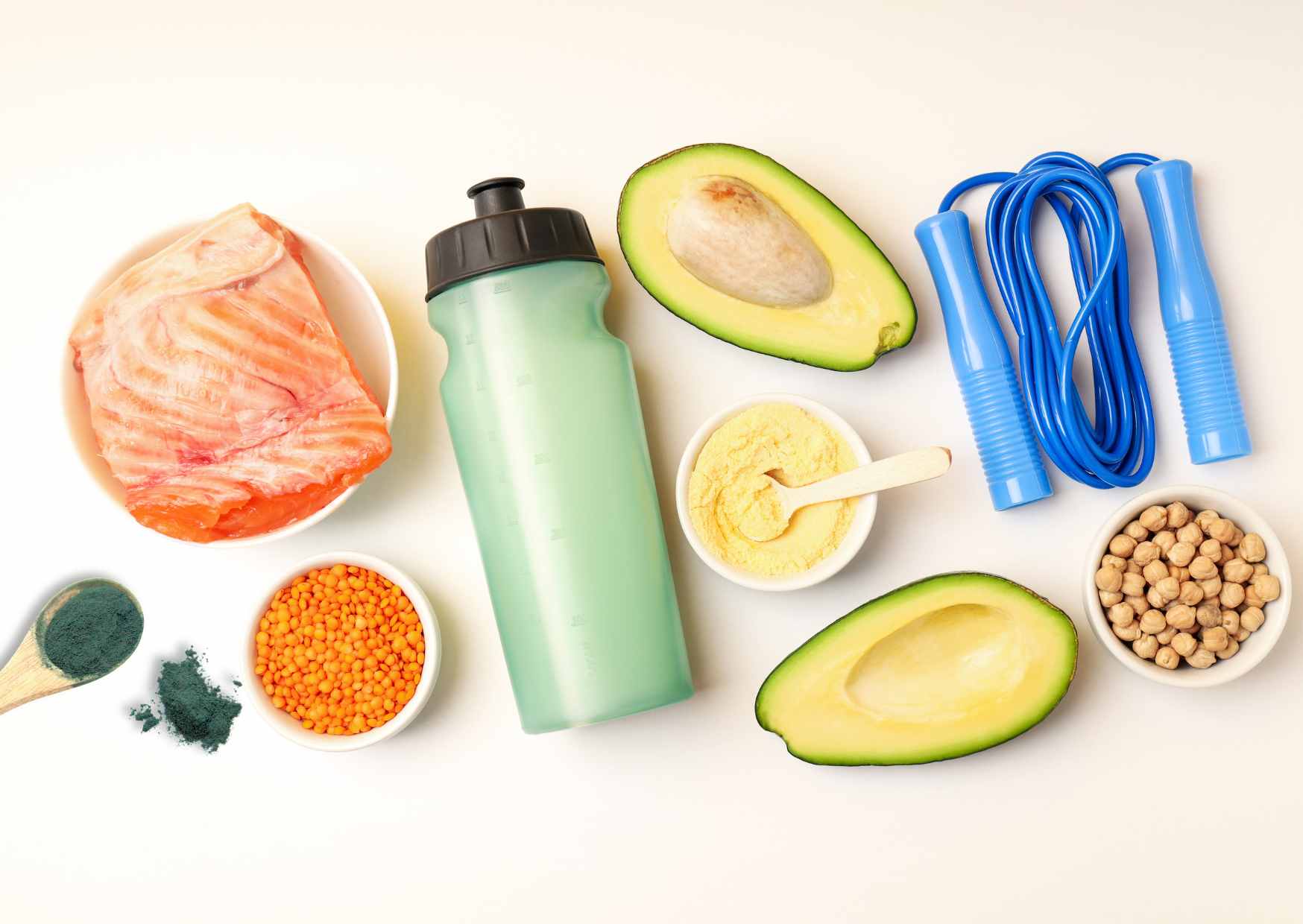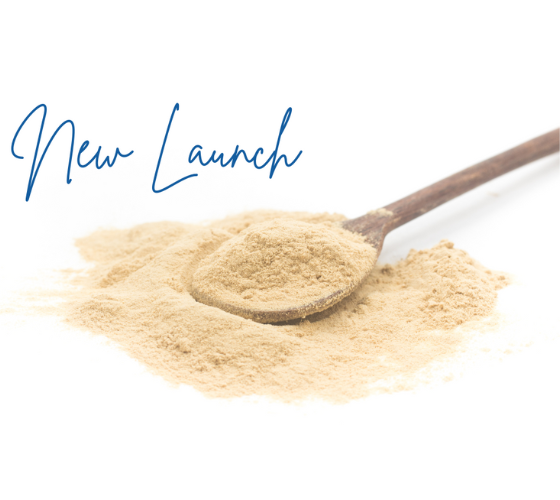Macroalgae in Sports Nutrition Optimizing Energy, Recovery, and Overall Health

The application of macroalgae, commonly known as seaweed, in sports health and athletic performance is a burgeoning area of interest due to their rich nutritional profile and potential health benefits. Macroalgae are recognized for their high content of essential nutrients, including proteins, vitamins, minerals, and bioactive compounds, which can support athletic performance and recovery.
Nutritional Benefits of Macroalgae
Macroalgae are a valuable source of nutrients that can enhance athletic performance. They provide a variety of vitamins (such as A, C, E, and K), minerals (including calcium and iron), and dietary fibers. Different types of macroalgae, such as Laminaria species (kombu) and Porphyra (nori), are known for their rich nutrient profiles. Including these in an athlete’s diet may help optimize energy levels, improve metabolic efficiency, and support overall health.
Antioxidant and Anti-Inflammatory Properties
Research indicates that macroalgae possess potent antioxidant and anti-inflammatory properties, which are essential for athletes who experience oxidative stress and inflammation due to rigorous training. For instance, extracts from the brown alga Ishige okamurae have demonstrated anti-inflammatory effects by inhibiting the NF-κB pathway, which is involved in inflammatory responses. Similarly, phenolic compounds from Halimeda macroloba have shown protective effects against chemically-induced injuries, highlighting the potential of macroalgae in mitigating exercise-induced oxidative damage.
Recovery and Immune Support
The consumption of macroalgae can also support recovery and immune function in athletes. The bioactive compounds found in seaweed, such as polysaccharides, have been linked to enhanced immune responses and reduced inflammation. For example, the red alga Porphyra haitanensis has exhibited high antioxidant activity, which can help protect against DNA damage induced by free radicals during intense physical activity. Additionally, the chlorophyll content in macroalgae can improve oxygen transport in the blood, potentially enhancing endurance performance, similar to the effects observed with beet juice supplementation.
Practical Applications in Sports Nutrition
Macroalgae can be integrated into sports nutrition in various forms, including supplements, snacks, and food additives. Athletes can consume seaweed in dried form, as powders, or in ready-to-eat products, making it a versatile addition to their diet. The nutritional benefits of macroalgae can help athletes maintain energy levels, improve recovery times, and enhance overall health.
Future Directions
While the potential benefits of macroalgae in sports health are promising, further research is needed to explore their efficacy in human subjects, particularly in the context of athletic performance and recovery. Future studies should focus on the specific types of macroalgae that are most beneficial, optimal dosages, and the long-term effects of supplementation on athletic performance.
In conclusion, macroalgae represent a significant opportunity for enhancing athletic performance and health. Their rich nutrient composition and bioactive properties make them a valuable addition to sports nutrition, supporting energy levels, recovery, and overall well-being in athletes.
https://www.ncbi.nlm.nih.gov/pmc/articles/PMC4052294/
https://globalsportmatters.com/science/2019/09/23/algae-may-have-performance-benefits-for-athletes/


